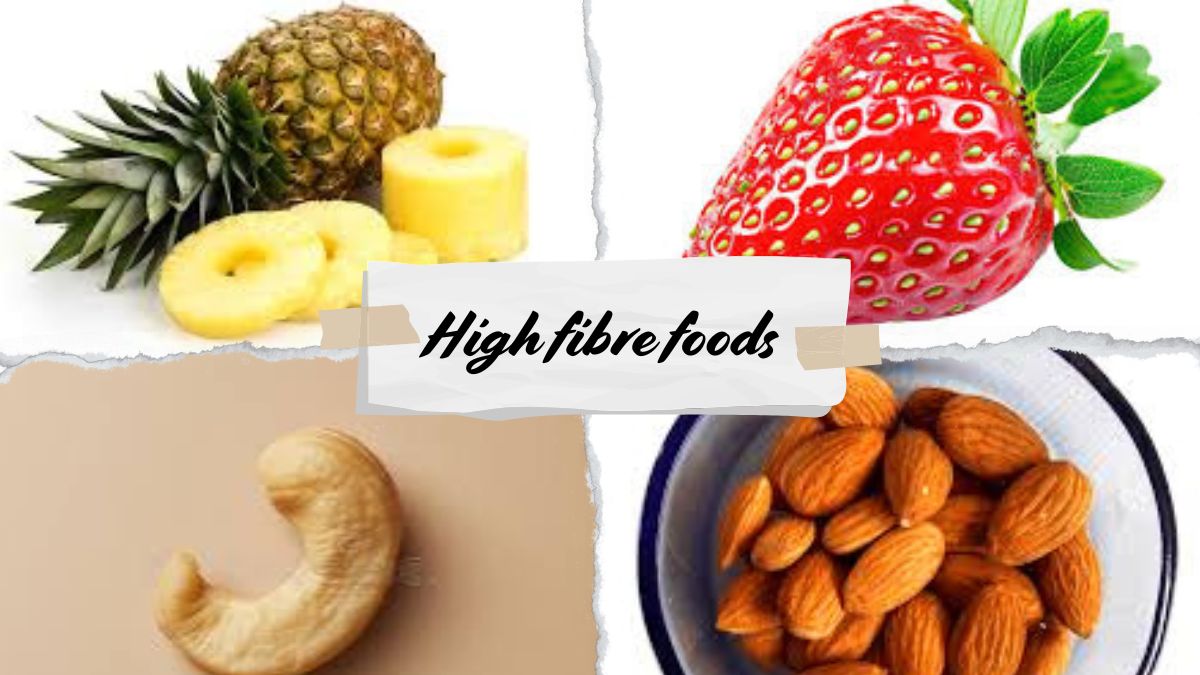Home/food
High-fiber fruits - Important for kids growth
Published at: Sep 26, 2024 at 07:05 AM
In the past, fiber was defined as a type of carbohydrate the body couldn’t digest. However, some digestible substances share properties with fiber, complicating its definition. Fiber is classified into two types: dietary fiber, naturally found in plant foods, and added fiber, which is included in products for health benefits. Soluble fibers dissolve in water and help regulate blood sugar and cholesterol, while insoluble fibers pass through the digestive system, aiding in preventing constipation.
Benefits of fiber in human body
Fiber provides several advantages to the human body. It aids in digestion, prevents constipation, and encourages regular bowel movements. Fiber also helps control blood sugar, reduces cholesterol levels, and benefits heart health. Additionally, it enhances satiety, which can help with weight management and contribute to overall health.
High fiber vegetables
Vegetables high in fiber, such as broccoli, Brussels sprouts, carrots, spinach, and artichokes, are excellent for promoting digestion and maintaining bowel regularity. These fiber-rich foods help regulate blood sugar, benefit heart health, and assist in managing weight, making them crucial components of a well-balanced, nutritious diet.
Fiber foods for adults
High-fiber foods include legumes like lentils, black beans, and chickpeas, offering both soluble and insoluble fiber. Whole grains such as oats, quinoa, barley, and brown rice are also fiber-rich. Vegetables like broccoli, Brussels sprouts, artichokes, and carrots provide ample fiber, while fruits like raspberries, pears, apples (with skin), and oranges are also excellent sources. Seeds like chia and flaxseeds, as well as nuts like almonds, contribute significant fiber. Incorporating these foods into your diet helps improve digestion, regulate blood sugar levels, and promote heart health.
Fiber foods for adults
Fiber-rich foods are crucial for adults, supporting overall health and wellness. It’s recommended that adults consume at least 25 to 30 grams of fiber each day. Great sources include whole grains such as oats, quinoa, and brown rice, which deliver lasting energy and aid digestion. Legumes like lentils, chickpeas, and black beans provide a good amount of protein and fiber. Fruits, including apples, pears, and berries, offer natural sweetness and vital nutrients. Vegetables, especially leafy greens, carrots, and broccoli, are low in calories but high in fiber. Additionally, nuts and seeds like almonds and chia seeds provide healthy fats and fiber, making them ideal snacks for adults.
High protein vegetables
High-protein vegetables include options such as edamame, known for its high levels of essential amino acids, and lentils, which provide substantial protein along with fiber. Other good options are peas, spinach, and broccoli, which offer protein along with a range of vitamins and minerals. Brussels sprouts and artichokes also deliver protein while contributing fiber, making them ideal choices for those looking for plant-based protein sources. Including these vegetables can improve overall nutrition.


